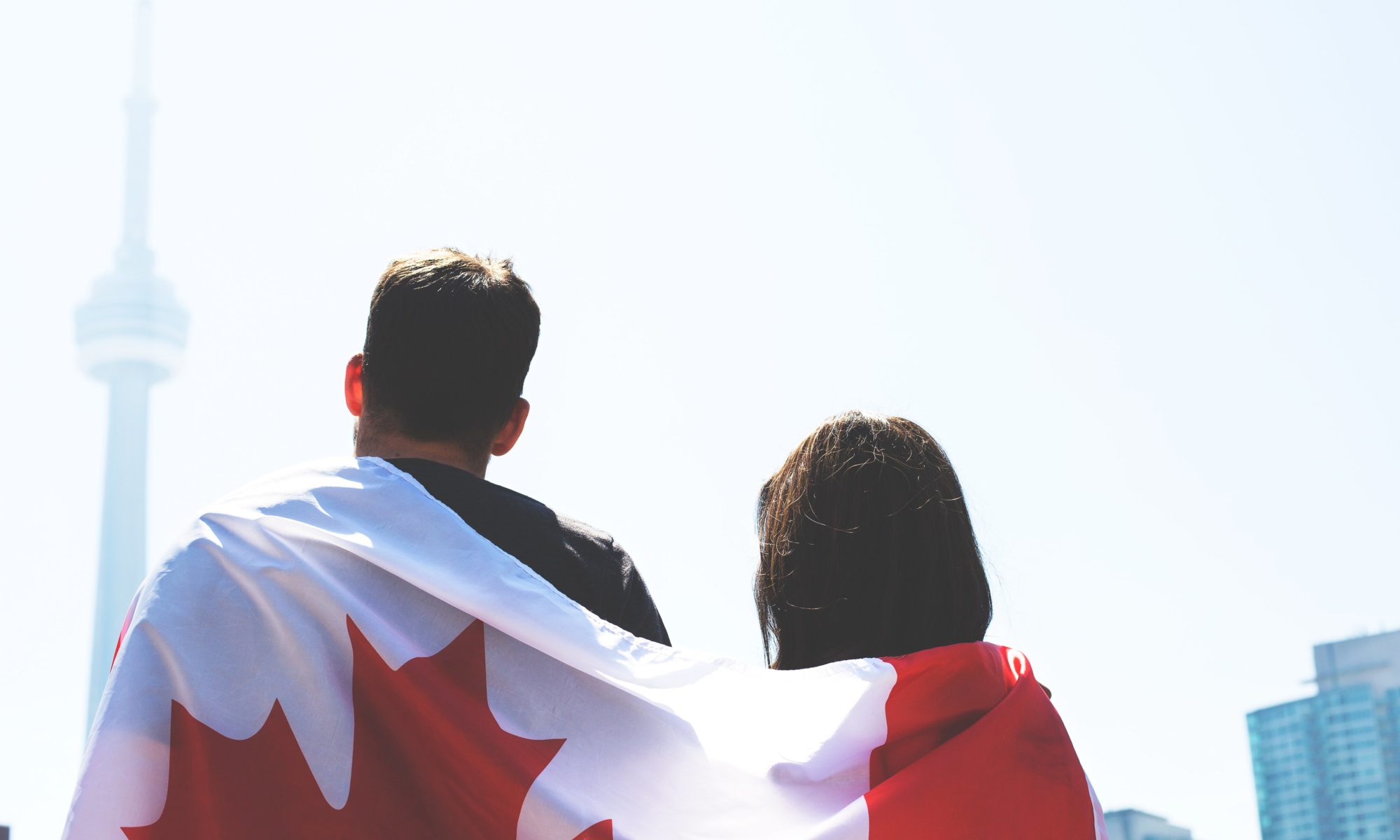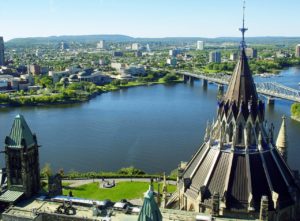
Bohunicky: Is This How Government Should Work in a Time of Crisis?
Is this really how government is supposed to work in a crisis?
The simple answer is yes. The speed and stakes of the pandemic are posing unprecedented challenge for decision makers all over the world. However, some important aspects of how government is dealing with the crisis reflect how it should work in normal times too. It is worth reflecting on what seems different right now, from the patterns of government and politics to which we’ve become accustomed over the past decade or two, and to consider what actions and processes should remain after the crisis to improve how governments develop policy and solve problems.
What are we seeing in the battle against COVID-19?
Elected leaders emphasize at every opportunity that they are being guided by science, and the expert advice of their chief medical officers.
Expertise is front and centre. Elected leaders emphasize at every opportunity that they are being guided by science, and the expert advice of their chief medical officers. Expertise is informing decisions. Perhaps even driving them. But it isn’t making decisions. Elected leaders are, as they must. It’s an enormous exercise of responsibility, which gets obscured when the decision makers take such great pains to convey that they are following the science. They are, but they are doing much more than that. They are also weighing impacts and costs, considering timing, proportionality, efficiency, program design, alternatives and much more. And in the end, they will be held accountable for all of it. Not the experts. This is how responsible government works. There is rarely a scientific formula that spits out a precise prescription for everything the decision makers must factor into their decisions.
 The decisions are complex, and science is one input, though the central one. In the current crisis, there are myriad complex decisions being taken every day. Good thing we have cabinet government, because you wouldn’t want just one leader making all the decisions, even with expert input. It would take too long. At the federal level, beyond the core public health measures, there are crucial actions in transportation, border control, public security, immigration and refugees, consular services, finance, procurement, income support, Employment Insurance and more. Ministers in all these areas are getting recommendations based on the expertise of officials. They are all making complex decisions and thoroughly explaining them to Canadians.
The decisions are complex, and science is one input, though the central one. In the current crisis, there are myriad complex decisions being taken every day. Good thing we have cabinet government, because you wouldn’t want just one leader making all the decisions, even with expert input. It would take too long. At the federal level, beyond the core public health measures, there are crucial actions in transportation, border control, public security, immigration and refugees, consular services, finance, procurement, income support, Employment Insurance and more. Ministers in all these areas are getting recommendations based on the expertise of officials. They are all making complex decisions and thoroughly explaining them to Canadians.
This leaves aside for now questions of whether governments have acted on expertise and knowledge quickly enough, including warnings about pandemic preparedness long before COVID-19 existed. That must come later.
The buck still stops at the top. The leaders have the broadest perspective and vision, so it makes sense that they will have final say on all major decisions. A measured degree of centralization makes sense in a crisis.
That’s an enormous weight, a staggering pressure building by the hour in the current crisis. We want our Prime Minister to be surrounded by extremely able advisors, both political and bureaucratic, to assist in exercising these vast responsibilities with sound judgement, coordinating and integrating across the whole of government, connecting and communicating with important players outside government.
 There’s a legitimate role for strategy in all of this. That’s usually an expertise of the political advisor. Strategic thought is crucial for exercising good judgement, integrating, simplifying, deciding what you’re not going to do, communicating and anticipating potential challenges. It’s a behind-the-scenes function, invisible when it’s being done well.
There’s a legitimate role for strategy in all of this. That’s usually an expertise of the political advisor. Strategic thought is crucial for exercising good judgement, integrating, simplifying, deciding what you’re not going to do, communicating and anticipating potential challenges. It’s a behind-the-scenes function, invisible when it’s being done well.
Strategic input into decision-making is also important at the ministerial level. Political staff and the public service are working together amid the demands of the COVID-19 crisis. They have different roles but share the same objectives. Both sides of this team need to understand both the differences and what they share as they shape and execute policy.
What about partisan strategy? There is little sign of it in the current crisis which, come to think of, is a good political strategy.
- We’re not seeing hyper-partisanship, and nobody is missing it. We’re not even seeing much criticism of governments by opposition politicians. When the federal government did overreach, the Opposition successfully opposed, standing their ground for the public interest more than partisan interests. Undoubtedly partisanship will return, as it must, when the time is right.
- We’re not seeing ministers recite talking points handed down from political advisors at the centre of government. Issues are being addressed, not just managed.
- We’re not seeing decision making processes that funnel all major policy questions into the offices of a tiny number of senior political advisors. Cabinet is stepping up, while the Prime Minister is doing what only he can and must.
With Parliament mostly shuttered, we’re not seeing the daily Question Period ritual of canned outrage, accusation, personal insult, and scripted non-answers.
Today we aren’t seeing any of these dynamics that have become the norm in the last decade or two. But no one will argue that any of it would serve Canadians if it were taking place right now. So, if we’re better off without these features of modern governance in a crisis, could we do without them after the dust settles?
 The long-promised return to cabinet government. A balanced combination of expertise and strategy. Partisanship in check. A Parliament that carries out substantive work on big issues, not just theatre. Wouldn’t that be better?
The long-promised return to cabinet government. A balanced combination of expertise and strategy. Partisanship in check. A Parliament that carries out substantive work on big issues, not just theatre. Wouldn’t that be better?
When Parliament resumes, whenever that is, perhaps Standing Committees should seriously examine how our whole society needs to prepare for the next crisis, whether it’s another pandemic, a cybersecurity meltdown, terrorism, the current or future economic crisis, or the climate crisis we’re already in. Nearly every Committee deals with an area in which there will be lessons to be learned from COVID-19. Channeling the energy of Parliamentarians in that direction, instead of just extending the daily theatre in Question Period, could go a long way to improving the effectiveness of our democratic institutions.
Some crucial ways of working right now, that are helping produce life-saving decisions in a historic crisis, might just be helpful in producing good government after it’s over.
By: Brian Bohunicky, Vice-President, Policy, Public Policy Forum





